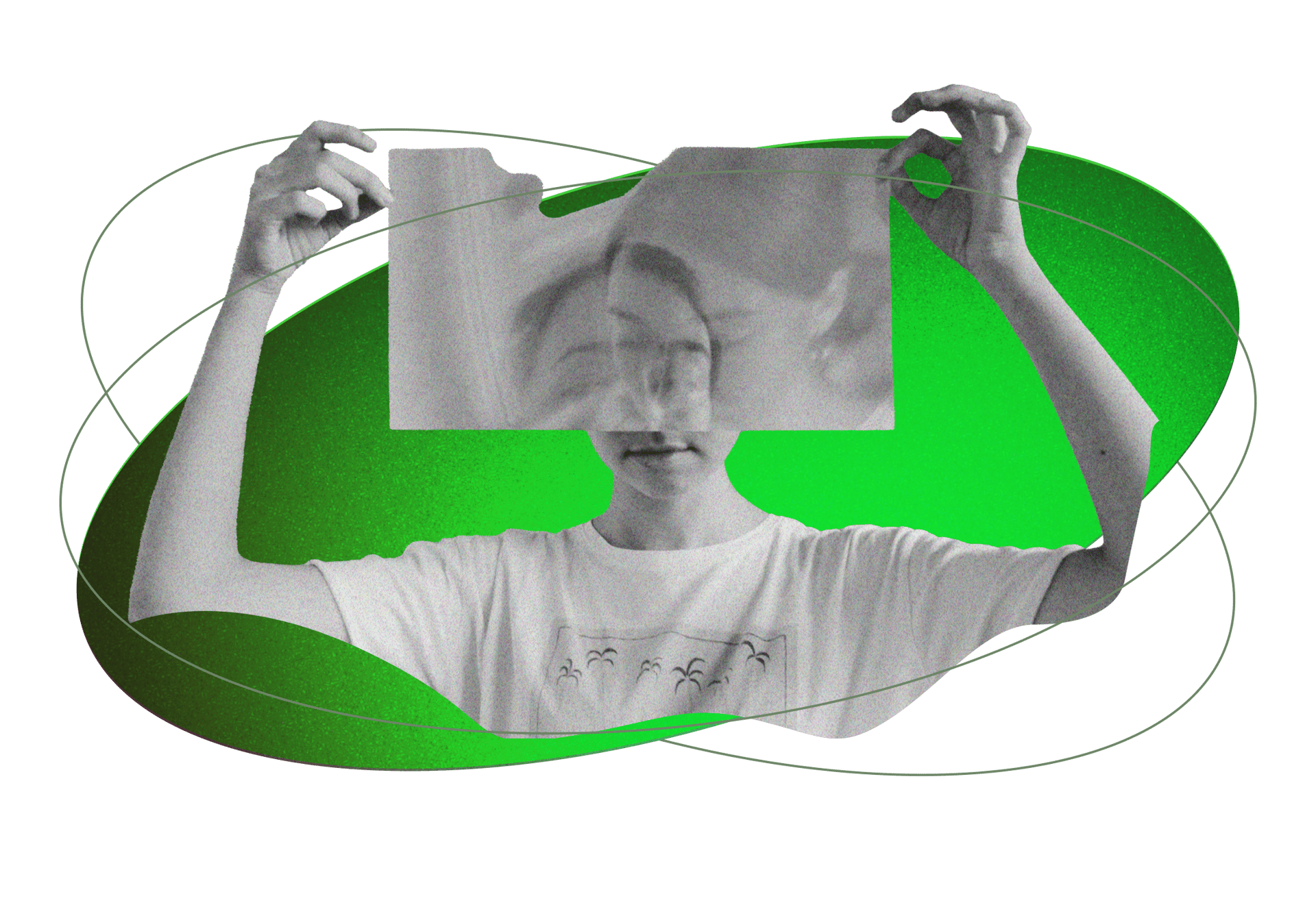
In a mountainous region of rural Pakistan, the rugged landscape was marred by a series of natural disasters, including earthquakes, floods, and droughts. The impact of these geological and environmental challenges was exacerbated by deeply rooted gender norms and societal structures.
In this region, women’s work and responsibilities primarily occurred in or nearby their homes and involved caring for the family and land. Any travel required a male guardian, and many did not have identification cards (Computerized National Identity Cards or CNICs). These realities not only restricted their movement, but also denied them access to many government services.
Then came the catastrophic flood of 2010, a disaster of unprecedented proportions. Lives were lost, and livelihoods were washed away as the rising waters surged through the region. Many deaths occurred because women, adhering to societal norms, waited for male family members to travel to safety or stayed behind to care for family members with limited mobility. Their belongings, including jewelry–which belonged to the women and in South Asian cultures holds significant value for families' material wealth–were washed away, and water inundated their homes. As the floodwaters raged, children were separated from their parents, and precious livestock and cattle were lost, further deepening the crisis.
During the rehabilitation phase, international organizations and donor agencies conducted risk assessments. A glaring problem came to light: women were not counted in relief efforts because they lacked CNICs. The government mandated these identification cards as a prerequisite to receive relief items for rehabilitation. As a result, single mothers, widows, and the elderly who lacked male guardians were not counted and were left without assistance.
Recognizing the need for change, a series of consultations were initiated. The government of Pakistan, in collaboration with the Ministry of Climate Affairs and the United Nations Framework for Climate Change (UNFCC), embarked on a journey to create a Climate Change Gender Action Plan in 2021. These consultations involved NGOs, academic institutions, and various stakeholders who were committed to addressing the gender disparities in climate resilience.
The newly formed Climate Change Gender Action Plan comprised five key pillars:
1. Capacity Building, Knowledge Sharing, and Communication.
2. Gender Balance and Women's Leadership.
3. Coherence Across UN FCC and UN.
4. Gender-Responsive Implementation and Means of Implementation.
5. Monitoring and Reporting.
These measures marked a significant turning point. They not only recognized the unique vulnerabilities and challenges faced by women in rural Pakistan but also provided a framework to address these issues. As a result of these new policies, many organizations were inspired to initiate projects that focused on the nexus of natural disasters and gender. These projects were based on the hard lessons learned from past disasters and the damage caused by the lack of a clear strategy and action plan to address them and their intersection with gender. They aimed to protect and empower women, and set the foundation for relief efforts to assess their impact on women and men in the community to ensure justice, thus bridging the gender gap in resilience and ensuring a more equitable and sustainable future for rural communities in Pakistan.
Lessons from a Climate Crisis: Planning for Protection in Rural Pakistan
Surviving Climate Disasters
Gender Norms and Isolation
A Turning Point
The 5 Pillars of Gender Action Plan
Lessons Learned from Empowering Rural Women
Gender Action Plan
Climate Disaster Response
Rural Communities
KEYWORDS
Emergencies & Disasters
Policy


Women in the Workforce: A Case Study on Gender Performance Incentives in Latin America and Bangladesh




Join the conversation on LinkedIn, and connect with a group of individuals and organizations that focus on the nexus of Gender and the Green Agenda.





